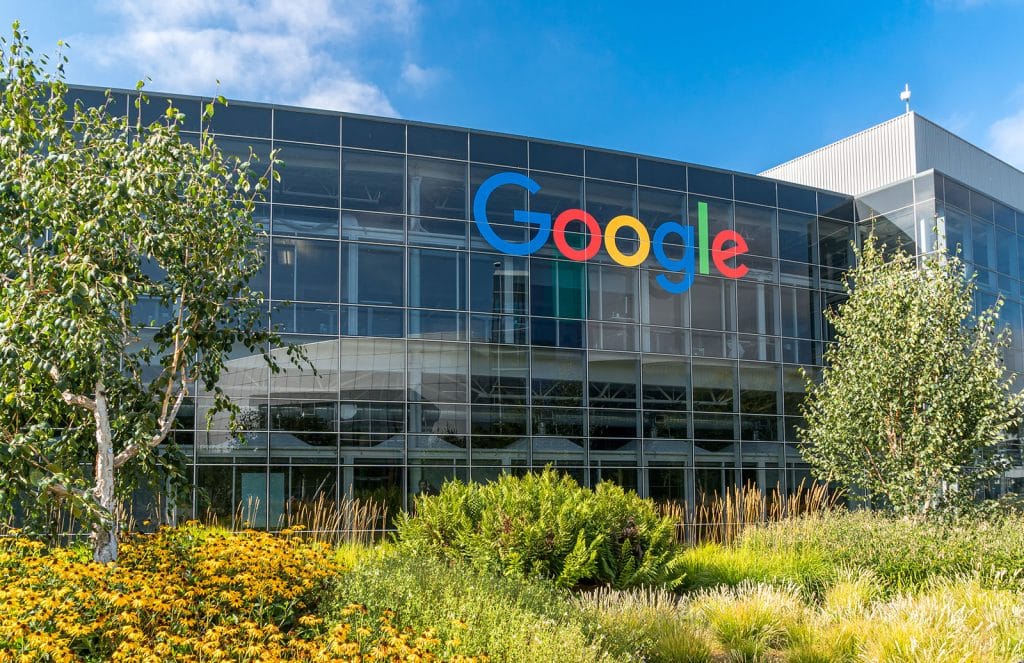Search engine optimization involves many different elements. The right strategies can successfully drive large amounts of traffic to your website. One of the most effective tools in your SEO strategy toolkit is power words. Understanding what they are and how to use them can boost your rankings, generate interest and increase your click-through rate (CTR).
What Is a Power Word?
An SEO power word is a word or phrase that triggers a strong emotional or psychological response. These words persuade you to do something, whether it’s to buy something, click a headline or sign up for a class.
Types of Power Words
In general, power words can be organized into three categories: emotional, sensory and seductive (or action-oriented).
These types of words and phrases hook your viewers and keep them reading or interacting with your content. They are particularly powerful when used in headlines, as many people who reach a catchy headline will want to click on it to read more.

Emotional Power Words
Emotional power words spark interest and engagement. Although most people believe they’re pretty rational, the majority of us still allow our emotions to influence our actions. For example, a headline that may cause anger or fear is more likely to be shared across social media than a daily weather report.
Anger and fear are high-arousal emotions because they bypass rationality and tap into your primal instinct to survive. SEO strategists and content marketers know this, which is why they often use emotional triggers through words like:
- Abuse
- Backlash
- Exploit
- Shock
- Outrage
- Crisis
- Danger
- Deadly
- Shock
- Warning
Another powerful emotion that all humans share is curiosity. Curiosity drives people to delve deeper into certain topics or click on a link they might not have otherwise considered opening. The right headline that sparks curiosity can drive huge amounts of traffic to your business website and entice your viewer to continue reading or scrolling.
Sensory Power Words
Sensory power words work differently from emotional power words. These words can create an image in your mind that triggers a sensory response. Restaurant menus often use sensory words to drive sales. For instance, instead of describing a dish as “grilled chicken,” a menu may use a more enticing description, like “juicy grilled chicken marinated in a rich teriyaki sauce.” The more delicious a dish sounds, the higher the sales.

Action-Oriented Power Words
Action-oriented power words are particularly emotive. By using these words, people are quickly compelled to take action, with little need for persuasion. Two powerful examples of this are the words “new” and “free.”
For many people, “new” means “better.” Whether it’s a vehicle, phone or an experience, the word “new” immediately attracts attention. Most businesses will use “new” in their commercials and marketing schemes.
Like the word “new,” the word “free” is another frequently used action-oriented power word. However, it works a bit differently. When a product or service is offered for free, people will act with little hesitation. Sometimes, people will ignore better offers if they think they are receiving something for free. For example, some consumers will purchase a product that costs $5.00 and includes free shipping instead of purchasing a $3.00 product with a $1.00 shipping fee.
What Makes Power Words Effective?
Power words are words that significantly impact a consumer and are effective at getting them to do something or take action. In general, power words are:
- Communicative
- Used in a meaningful way
- Effective at generating emotions
- Ingenious
For a word to be particularly impactful in SEO, it must be clear and reflect the product (or service) offered. It should be persuasive enough to compel the consumer to take action with little effort on your part. If a word does not connect well with your consumer, chances are, you will have very little response.

Where Can You Use Power Words
Power words can be used almost anywhere. Whether you’re brainstorming digital marketing strategies, writing email subject lines or creating copy, you’ll likely use power words to get your message across. They can make or break a headline and have a significant impact on your revenue. The right power words can lead to a higher click-through rate. The more effective your marketing strategy is, the more successful your business will be.
How Power Words Affect Search Engine Optimization
One of the most consistent sources of traffic for any website is through search engine optimization. The right website copy will give your business an advantage that your competitors won’t have. By knowing how to use the right words to generate clicks, you’ll be able to substantially increase the number of visitors you get to your website just by using SEO.
Power Words and Google
Power words can have a profound impact on your search engine rankings and, subsequently, your click-through rate. A better click-through rate leads to a higher ranking on Google’s search engine results page. By learning how to create engaging headlines, you can improve your Google rankings and increase your website traffic even further.
Why the 80/20 Rule Works
The “80-20” rule (the Pareto Principle) means that 80% of your results will stem from just 20% of your effort. For SEO purposes, this means that you can achieve consistently good results by simply focusing 20% of your effort on creating better headlines. By attracting people to your content, you can drastically improve your website traffic.

How To Avoid Issues With Google
While power words are extremely effective, they must accurately reflect your business and should not deliver “false promises.” For example, you shouldn’t write a headline like “Learn How To Become a Millionaire in 20 Days for Free” if you can’t deliver results. Although you may initially generate attention and get tons of clicks, your visitors won’t stick around very long.
Google not only measures your click-through rate, but also your user-engagement rate. If they see that your users usually leave your website quickly, there’s a good chance they’ll demote you in their search results. To avoid this, ensure that your headline advertises only products and services that you can back up.
When it comes to marketing, persuasion is the key to success. Power words are a simple, yet proven, way to capture your audience’s attention and get them to act. By learning how to increase traffic to your website with power words, you’ll successfully widen your traffic funnel and increase your conversions and sales with minimal effort.

Comments
One response to “What Are Power Words in SEO and Why Are They So Important?”
[…] of these steps are conducive to building both credibility and efficiency in your PR strategy. Each one is dependent on the other, so make sure not to skip […]